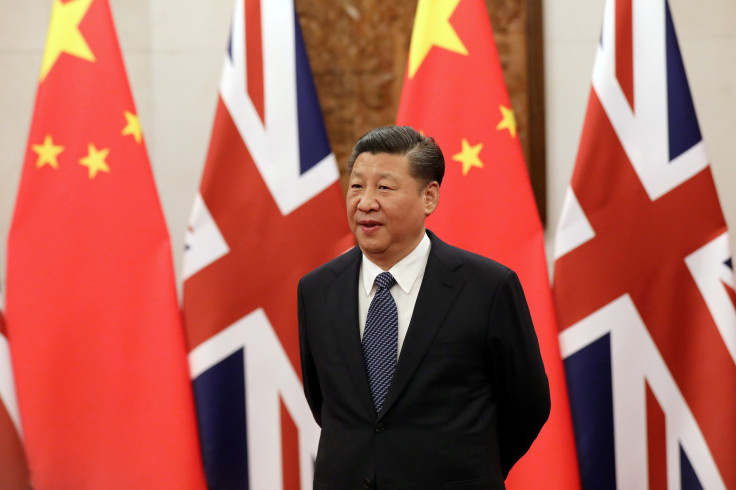China’s President Xi Jinping Takes Another Step Toward Third Term In Office

In what seems to be a move by Chinese President Xi Jinping to consolidate power further and hold on to it for longer, the country may soon remove a clause in its constitution that limits the term of its president and vice president to two consecutive terms of five years each. A proposal to remove the limit was submitted by the Central Committee of the Communist Party of China (CPC), the party in control of the one-party political system.
Chinese state media Xinhua reported the development, saying the proposal had been made public Sunday. It was not known when it was actually made.
The post of the president of China, which Xi has held since 2012, is largely ceremonial, and since 1993, has always been held by the general secretary of the CPC. The same person also holds the title of the chairman of the Central Military Commission, and Xi is also general secretary of the CPC’s Central Committee, the center of the party’s power.
Holding all these positions simultaneously gives the country’s leader close to absolute power. And the only position with constitutionally mandated limits is that of the president. Xi, who has been steadily consolidating power in his hands — by cracking down on corruption and removing some people from the CPC who were seen to be his potential successors in 2022 — has been seen as trying to remove that limit.
China’s parliamentary body, the National People’s Congress (NPC), will hold the first session of its 13th five-year term starting March 5, and the proposal for the constitutional amendment could be among matters to be discussed.
Xi, who is already 64, will be over 68 years old by the time his current term as the leader of China comes to an end. There is no formal rule about it, but most members of the seven-member Politburo Standing Committee , or PSC, (that runs the CPC) stand down from their formal positions after they turn 68. If Xi were to stay on as China’s leader beyond 2022, he would have to defy that tradition.
During the upcoming NPC meeting, Xi’s anti-corruption crusader Wang Qishan, who is 69 and retired from the PSC, is expected to be made vice president.
If China’s constitution is changed, and Xi serves another term, it could mean the Asian country’s increasing importance on the world stage would continue to grow, economically, militarily, technologically and geopolitically.
In an op-ed piece Sunday, state-run Global Times said: “The change doesn't mean that the Chinese president will have a lifelong tenure.” It concluded: “The constitution amendment is the punch line of legislative framework of socialism with Chinese characteristics in the new era, and an essential constitutional insurance for China to advance. Out of rationality and faith, all Chinese people support the amendment and hope it can contribute to our well-being.”
© Copyright IBTimes 2024. All rights reserved.











